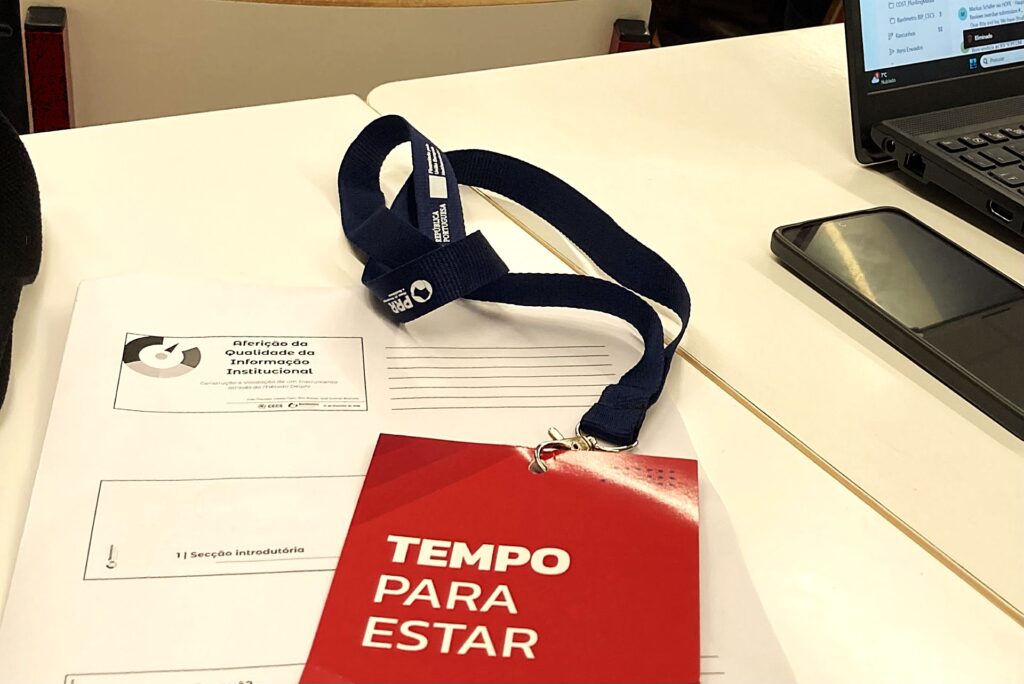A Crisis of Trust in Information
The 2025 global report from the Edelman Trust Barometer states that “fear that leaders lie to us [is] at [an] all-time high”.

The proportion of people agreeing that government leaders (69%), business leaders (68%), and journalists and reporters (70%) “create or share exaggerated or even false online content to influence public opinion” increased by 11%, 12%, and 11%, respectively, between 2021 and 2025. Trust in figures traditionally seen as credible sources of information has declined, a phenomenon the Edelman Trust Barometer describes as the crisis of resentment, driven by a “generation of institutional failures.”
The report also highlights that scientists (77%) and teachers (75%) are trusted more than government leaders (47%) to “do what is right.”
Conversely, 63% of respondents agree that it is becoming increasingly complex to discern whether news comes from reputable media outlets or from individuals attempting to mislead others. Trust in all news-access sources has fallen: search engines are trusted by 63% of respondents (down five percentage points from 2024), traditional media by 58% (down four points), and social media by 42% (down two points). This underlines the prevalence of phenomena such as misinformation and the importance of fact-checking—not only in journalism but also in information dissemination channels such as social media. Despite this, in 2024, Mark Zuckerberg ended Facebook’s fact-checking programme, which had employed experts in misinformation. Regarding social media, X (formerly Twitter) and its owner, Elon Musk, were identified as the epicentre of misinformation during the 2024 U.S. presidential elections, through the dissemination of false or misleading claims.
An article in Nieman Lab suggests that the crisis of credibility in journalism is less about issues of impartiality and objectivity and more about audiences’ assumptions that “the news industry as a whole values profit above truth or public service.” In other words, the reporting of inaccurate news is linked to the drive to attract larger audiences and, consequently, increase profits. This implies that addressing potential economic biases in newsrooms may be more crucial for restoring trust than focusing solely on the political biases of journalists.
Note: The 2025 Edelman Trust Barometer global report is based on 28 countries and over 33,000 respondents (approximately 1,150 per country). The Nieman Lab article draws on 34 online interviews with U.S. participants.



